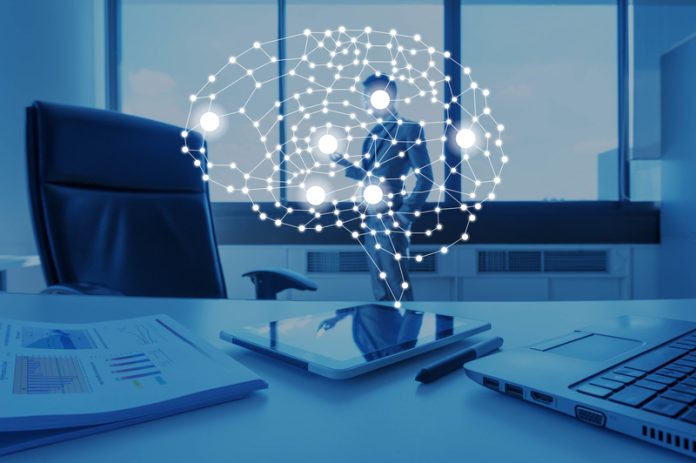AI is already being implemented in businesses around the world, and while worries persist over whether robots will be taking over the workplace, some are predicting that it will actually improve and even create jobs in the future
From devices in our homes to mobile apps, AI has already made its way into our daily lives. The workplace is no exception and AI has already helped businesses make better use of data and streamline processes. According to John Williams, Head of Marketing at Instant Offices here are a few AI trends you should be aware of for your business:
Artificial intelligence on big data
Businesses are starting to use data to make decisions with the help of algorithms and real-time methods. AI assists with this by breaking down excessive data to help businesses make use of it. AI also uses machine learning and deep learning to improve predictive analytics, allowing businesses to offer customers exactly what they are looking for.
Voice assistants
Some of the most common AI technologies used in our daily lives are Alexa, Siri. Similarly, digital assistants using voice commands will soon make their way into the office. Businesses will benefit from this as it will improve employees’ understanding of applications and data and how to best use it.
Mobile apps
As data becomes a driving force in businesses, so will the mobile app development space transform to complement this growth. Mobile users are looking for a more customised experience, which companies want to give them in order to stay competitive. The role of the mobile app developer will, therefore, need to change as it will tie in closely with AI so that it can process data and learn from users.
Automation via robotics
Robotics Process Automation makes use of AI to complete repetitive tasks at huge volumes, which can range from a simple business transaction to complicated processing and presenting of data. This system will save companies time and money as Robotic Process Automation is able to complete a task quicker and more accurately than an employee. In this way, businesses will save money.
A recent initiative from NPR shows what the approximate chances are that your job will one day be automated. As part of the initiative, researchers looked at a wide range of jobs and scored them based on nine possible traits, including the social intelligence required to perform the job, being personally required to help others, and whether a job requires negotiation.
Could chat bots replace jobs?
Facebook founder Mark Zuckerberg fuelled a lot of hype around chat bots replacing human jobs after it was announced Messenger would be hosting more of them in the coming years. The aim is to help businesses build bots on the chat app so they can hold automated chats with people, which will eventually lead to more sales, bookings and brand awareness.
Bots are essentially cheaper and quicker to make than apps, with many industry experts saying that bots will take over from apps in the near future. Many of these bots are able to carry out tasks traditionally done by humans, including the following jobs:
- Customer service agents
- Fast-food servers
- Personal assistants
- Social media managers
While AI will definitely take over a few human jobs, it will also create new jobs. The role of computer scientist will be in high demand, while new roles will be created to run the AI, including engineers, accountants, and retail analysts. People will also be needed to prepare the data for the AI to process and to train employees on how to use this new technology.
The presence of AI will grow in the workplace, and while creating new jobs, organisations need to realise that the real challenge will be finding candidates to take over these new roles.











